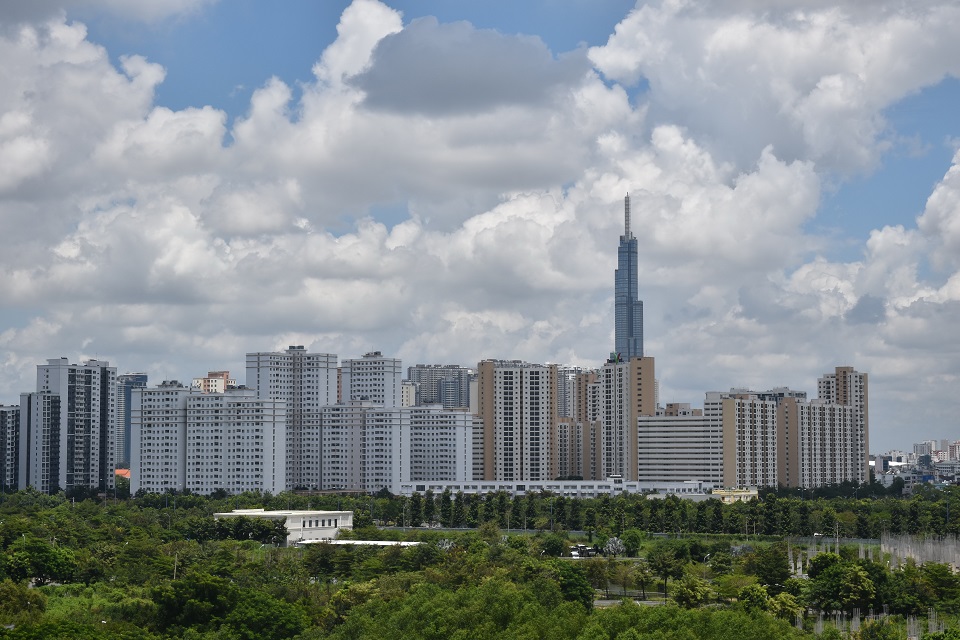HCMC – Real estate loans in HCMC have surged ahead of overall credit growth in the first four months of 2024, indicating a positive trend in the market, said Nguyen Duc Lenh, deputy director of the HCMC branch of the State Bank of Vietnam (SBV).
In his article published on Kinh te Saigon Online, a Vietnamese online publication of the Saigon Times Group, Lenh said that by the end of April 2024, total real estate credit in HCMC had reached VND981.5 trillion, accounting for about a third of the country’s total and increasing by 1.61% from the end of 2023.
In January-April, HCMC’s real estate credit grew faster than overall credit growth, which was 1.31%, he said, adding real estate loans now make up 27% of the city’s total outstanding loans.
The growth in real estate credit during this period reflects the improving outlook of the real estate market, the article said. The year began with a decrease of 0.49% in January and 0.01% in February. March showed a positive turnaround with a 0.96% increase, and April saw the highest growth rate of 1.15%.
Loans for residential purposes, such as home purchases, construction and repairs, remained the dominant segment at 68% of total real estate credit, according to the article. However, faster growth was observed in loans for industrial zones, export processing zones, real estate businesses, and land use rights transfers. Loans for industrial and export processing zones rose by 9.3% over the end of 2023 to VND44.6 trillion.
The real estate credit activity in HCMC during the first four months reflects positive developments in the market. From a management perspective, these results indicate the effectiveness of policies implemented to remove obstacles and promote a healthy market.
The growth in real estate credit aligns with market developments, fueled by supportive policies that address market challenges. Low interest rates have made it easier for businesses and individuals to access loans, stimulating investments in industrial infrastructure, tourism, services, and consumer spending. This, in turn, is gradually boosting the real estate market.
Legal reforms, including amendments to housing and land laws, and actions by government task forces and the HCMC People’s Committee to address project and business challenges, have also contributed significantly.
The development of the bond market, administrative reforms, and other supportive measures are expected to continue driving market growth and sustaining the upward trend in real estate credit.









